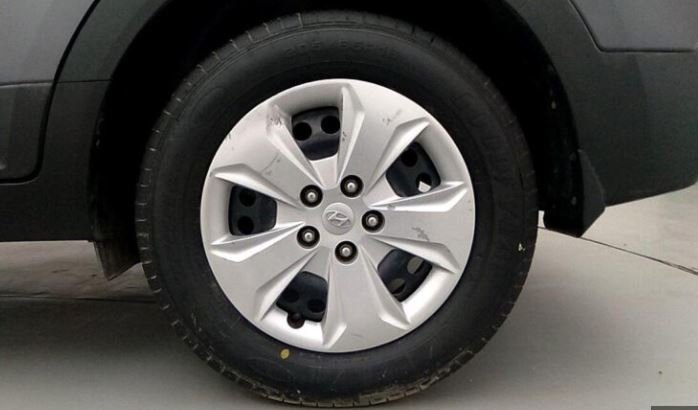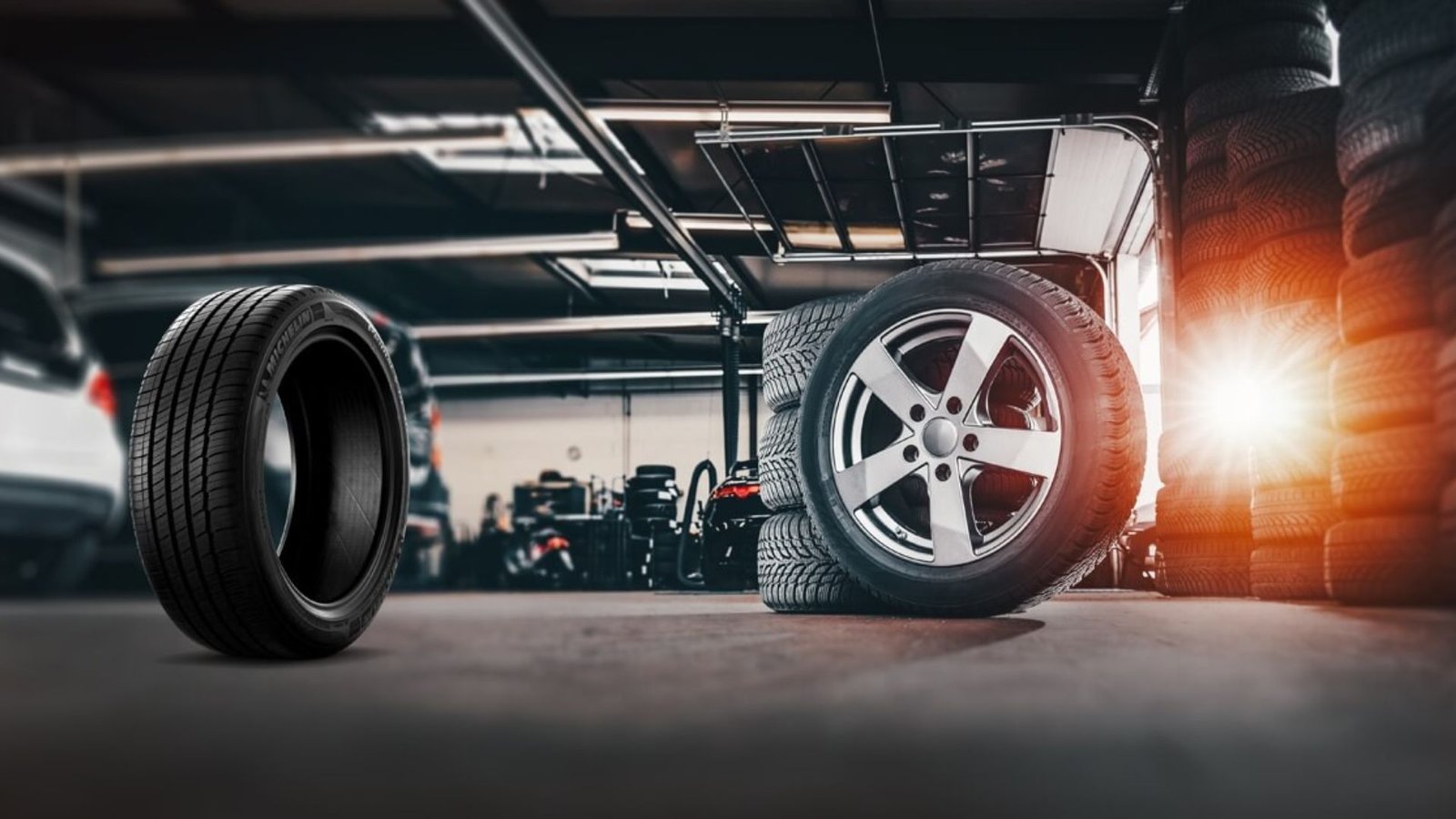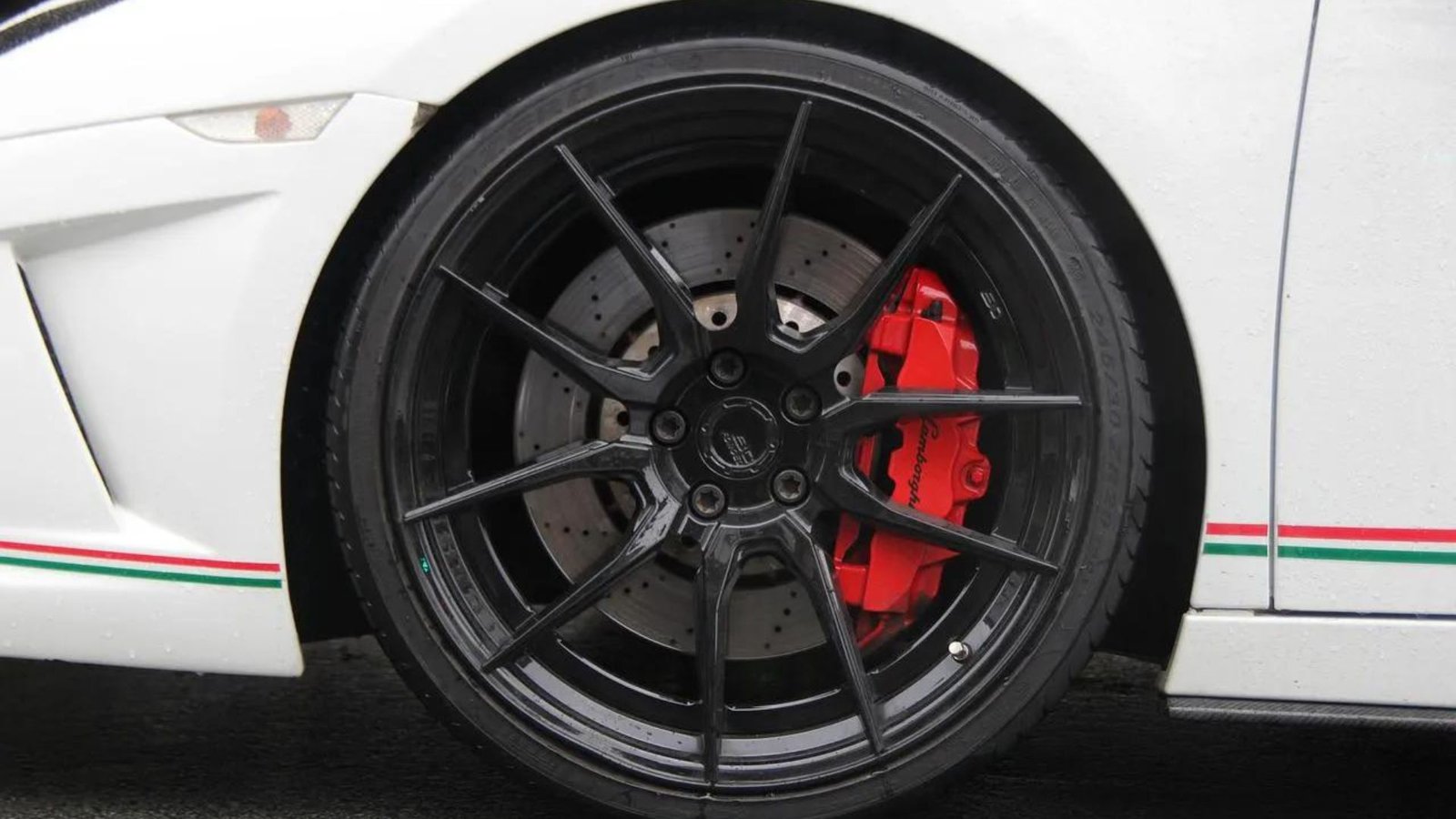When choosing wheels for your vehicle, you often face a decision between steel vs alloy wheels. Each type offers distinct advantages and drawbacks. This guide compares steel and alloy wheels to help you make an informed decision based on your needs and preferences.

Understanding Steel Wheels
Steel wheels, also known as steel rims, are made from stamped steel and typically have a simple, rugged design. They are known for their durability and affordability. Steel wheels often come as standard equipment on many vehicles and are valued for their resilience in tough conditions.
Advantages of Steel Wheels
1. Durability: Steel wheels are highly durable and can withstand rough conditions such as potholes and off-road driving. They are less likely to crack under stress compared to alloy wheels.
2. Cost-Effectiveness: Generally, steel wheels are more affordable than alloy wheels. Their lower cost makes them an economical choice for budget-conscious drivers.
3. Ease of Repair: Steel wheels are easier and cheaper to repair if they become bent or damaged. Many repair shops can straighten steel wheels without significant cost or difficulty.
Disadvantages of Steel Wheels
1. Weight: Steel wheels are heavier than alloy wheels, which can affect your vehicle’s handling and fuel efficiency. The additional weight may lead to decreased performance and increased strain on your vehicle’s suspension system.
2. Aesthetics: Steel wheels typically have a utilitarian appearance and lack the sleek, stylish look of alloy wheels. They often come with hubcaps or wheel covers to improve their appearance.
3. Rust and Corrosion: Steel wheels are prone to rust and corrosion, especially in areas with heavy rainfall or road salt. This can affect their longevity and appearance over time.
Understanding Alloy Wheels
Alloy wheels are made from a combination of metals, including aluminum and magnesium. They are known for their lighter weight and more attractive designs compared to steel wheels. Alloy wheels are a popular choice for those looking to enhance their vehicle’s appearance and performance.
Advantages of Alloy Wheels
1. Lightweight: Alloy wheels are lighter than steel wheels, which can improve handling, fuel efficiency, and overall performance. The reduced weight helps your vehicle accelerate more quickly and handle better.
2. Aesthetic Appeal: Alloy wheels are available in various designs, finishes, and sizes, allowing you to customize your vehicle’s look. They often have a more polished and high-end appearance compared to steel wheels.
3. Heat Dissipation: Alloy wheels dissipate heat more effectively than steel wheels, which can improve brake performance and reduce the risk of overheating.
Disadvantages of Alloy Wheels
1. Cost: Alloy wheels are generally more expensive than steel wheels. The higher cost reflects their advanced manufacturing process and design features.
2. Vulnerability to Damage: Alloy wheels are more susceptible to damage from potholes and impacts. They can crack or bend under significant stress, leading to costly repairs or replacements.
3. Repair Complexity: Repairing alloy wheels can be more complex and expensive compared to steel wheels. Specialized equipment and expertise are often required for repairs.
Choosing Between Steel and Alloy Wheels
When deciding between steel and alloy wheels, consider factors such as budget, vehicle use, and personal preferences. Steel wheels offer durability and affordability, making them ideal for everyday driving and tough conditions. Alloy wheels provide enhanced performance and aesthetic appeal, suitable for those seeking a stylish upgrade and improved handling.
Maintenance and Care
Both steel and alloy wheels require proper maintenance to ensure longevity. Regularly clean your wheels to prevent dirt buildup and corrosion. For steel wheels, inspect for rust and address it promptly. For alloy wheels, check for signs of damage and ensure they are properly balanced and aligned.
Conclusion
Steel and alloy wheels each have their own set of benefits and drawbacks. Steel wheels excel in durability and cost-effectiveness, making them a practical choice for many drivers. Alloy wheels stand out for their lighter weight and stylish designs, enhancing both performance and appearance. Evaluate your needs and preferences to choose the wheel type that best suits your driving style and vehicle requirements.




